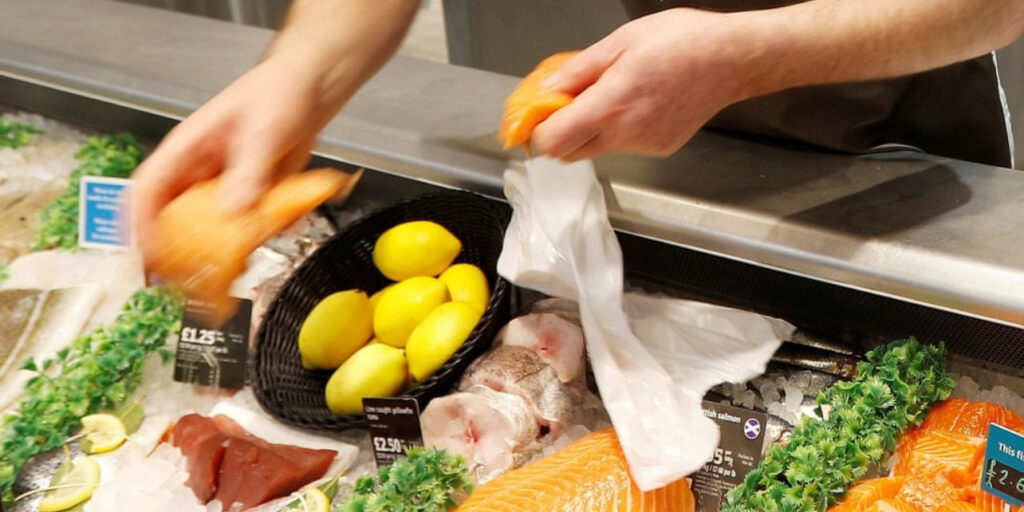Consumers preparing for Christmas may find their budgets stretched as a slowdown in price deflation, rising fresh produce costs, and fewer retail discounts threaten affordability, according to the latest industry data.
Figures from the British Retail Consortium (BRC) and NielsenIQ revealed that shop prices fell by 0.6% in November, a slight improvement from October’s 0.8% decline.
The slower deflation was driven by rising fresh food costs, including seafood, and reduced discounting in some retail sectors.
At the same time, household disposable incomes fell for only the second time this year in October, dropping by £1.98 due to higher energy bills, according to Asda’s Income Tracker, compiled by the Centre for Economics and Business Research (CEBR).
The report warned that rising costs of essentials would particularly strain lower-income households during the festive period, dampening their spending power.
Helen Dickinson, chief executive of the BRC, cautioned that the end of falling inflation may be near.
“November’s figures may signal the end of falling inflation,” she said, pointing to significant cost pressures on the horizon. “Retailers face £7bn in additional costs in 2025 due to changes in employer national insurance contributions, business rates, the minimum wage increase, and a new packaging levy. These costs will inevitably lead to higher prices in a sector already operating on slim margins.”
Fresh produce, especially seafood, saw price increases due to higher import and processing costs exacerbated by winter conditions.
Tea prices also remained elevated as poor harvests in key regions continued to impact supply, while coffee prices, after a brief dip, are expected to rise further as global wholesale costs approach record highs.
The slowdown in deflation was also linked to reduced discounting as retailers scaled back promotions ahead of the Black Friday sales period, except in struggling sectors like fashion and furniture.
Consumer group Which? has urged shoppers to be cautious of Black Friday deals, warning that many offers may not be as good as they seem.
The watchdog found that 92% of discounted products from eight major home and tech retailers last year were available at the same price or cheaper at other times.
Researchers analysed 227 products on promotion during Black Friday 2022 and discovered that six in 10 deals were based on higher prices that had been used less than half the time in the previous year. In some cases, the supposed discounts were entirely misleading.
For instance, Which? highlighted a Remington Shea Soft hair dryer promoted at Boots for £18.99 during Black Friday, claiming a 62% discount from £49.99. However, the product had never been priced at £49.99 at Boots in the preceding 12 months.
Boots responded: “Which? reviewed a very small number of our Black Friday deals from last year, and in all cases, the items were at a lower price while on promotion or when price matched against competitors.”
With Christmas fast approaching, shoppers face mounting pressure as inflationary trends and reduced discounts combine to challenge affordability.
Analysts warn that festive spending could be more subdued this year, particularly among lower-income households, as the rising cost of essentials leaves little room for indulgence.
As retail giants and consumers brace for the festive season, the outlook remains uncertain, with rising costs threatening to take the sparkle out of holiday shopping.


